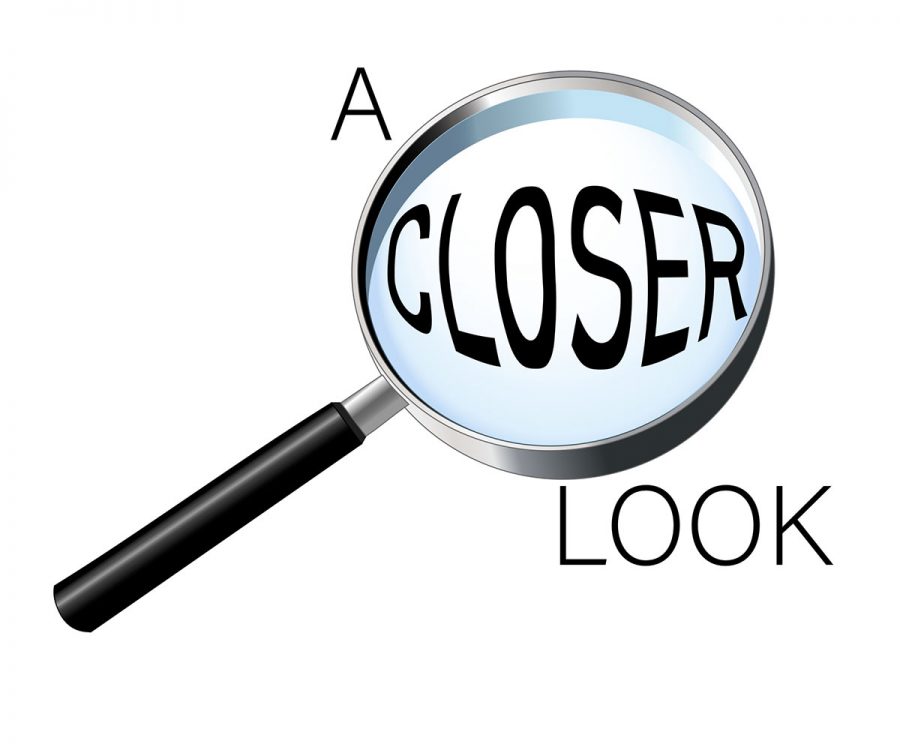A closer look
Scotland prepares to become the first country to supply free sanitary products — the U.S. catches up
It has been a little less than two years since Scotland became the first country to provide free sanitary products to students at schools, colleges and universities.
Now, Scotland is preparing to become the first country to supply free sanitary products. Period.
According to The New York Times, the proposed bill is an attempt to end “period poverty,” or what the Global Citizen organization defines as “the lack of access to sanitary products, menstrual hygiene education, toilets, hand washing facilities, and, or, waste management.”
Global Citizen said in an article about period poverty that some women and young girls across the world are unable to participate in certain activities, go to work or attend school because of the stigma attached to menstruation or because they have no access to sanitary products.
The article cites changes that have been made within the last four years in the U.S., regarding period poverty, but said “more work needs to be done.”
“A handful of U.S. states have passed laws mandating schools provide period products to students,” the Global Citizen article said. “… but… Federal prisons only made menstrual products free in 2018.”
The article references a report by the Washington Post from 2016, when the New York City Council approved a program to give women access to free sanitary products.
“In a 49-0 vote, the council approved a measure that would make New York City the first in the United States to give all women in public schools, prisons and homeless shelters access to feminine hygiene products — free of charge,” Katie Mettler, a Washington Post reporter, said.
Despite New York’s progress toward the goal of ending period poverty, other states face obstacles in an effort to provide free sanitary products in state prisons.
As Global Citizen said in their article, the Federal Bureau of Prisons just announced in 2018 that women in its facilities would be granted free menstrual pads and tampons.
However, according to the HuffPost, a majority of incarcerated women were unaffected by the law because they are held in state prisons or local jails, rather than federal prisons.
According to the HuffPost, several states attempted to enact period poverty legislation, including Arizona. In Arizona, women in state and local institutions were limited to the number of sanitary products they could have each month.
“(Women) are allowed 12 free pads a month and may only possess up to 24 at any given time,” Lydia O’Connor, the HuffPost reporter, said. “If they want more, they must ask an officer and pay for them. There are no free tampons.”
Since then, the Arizona Department of Corrections have changed their policy to provide free tampons and up to 36 free pads per month.
On an international scale, the Scottish Parliament was able to pass the bill calling for free tampons and pads, with 112 votes in favor of it, on Feb. 25.
Ceylan Yeginsu, a New York Times reporter who wrote about the legislation, said some Scottish lawmakers warned that the bill would face some obstacles before becoming law.
“One of those is a yearly cost that the government puts at about $31 million,” Yeginsu said.
Arizona, too, faced the same challenge in 2018 amidst the legislation that mandated incarcerated women to have more access to sanitary products.
The estimated cost for the state at the time was $80,000, according to the HuffPost.
Regardless of the cost, Mandu Reid, the leader of the Women’s Equality Party, told the New York Times, “Period poverty is an issue that affects women and girls across the U.K.”
“A decade of austerity has pushed many women into a desperate financial situation,” she said. “Many have been forced to use makeshift items, shoplift or simply go without these basic necessities.”
Van Sistine can be reached at [email protected].

Ta’Leah Van Sistine is a fourth-year journalism and creative writing student. This is her seventh semester on The Spectator staff. She is spending the semester at Queens College in New York City. When she is not reporting for The Spectator or Blugold Radio Sunday, she enjoys getting lost in a good book or a national park.

